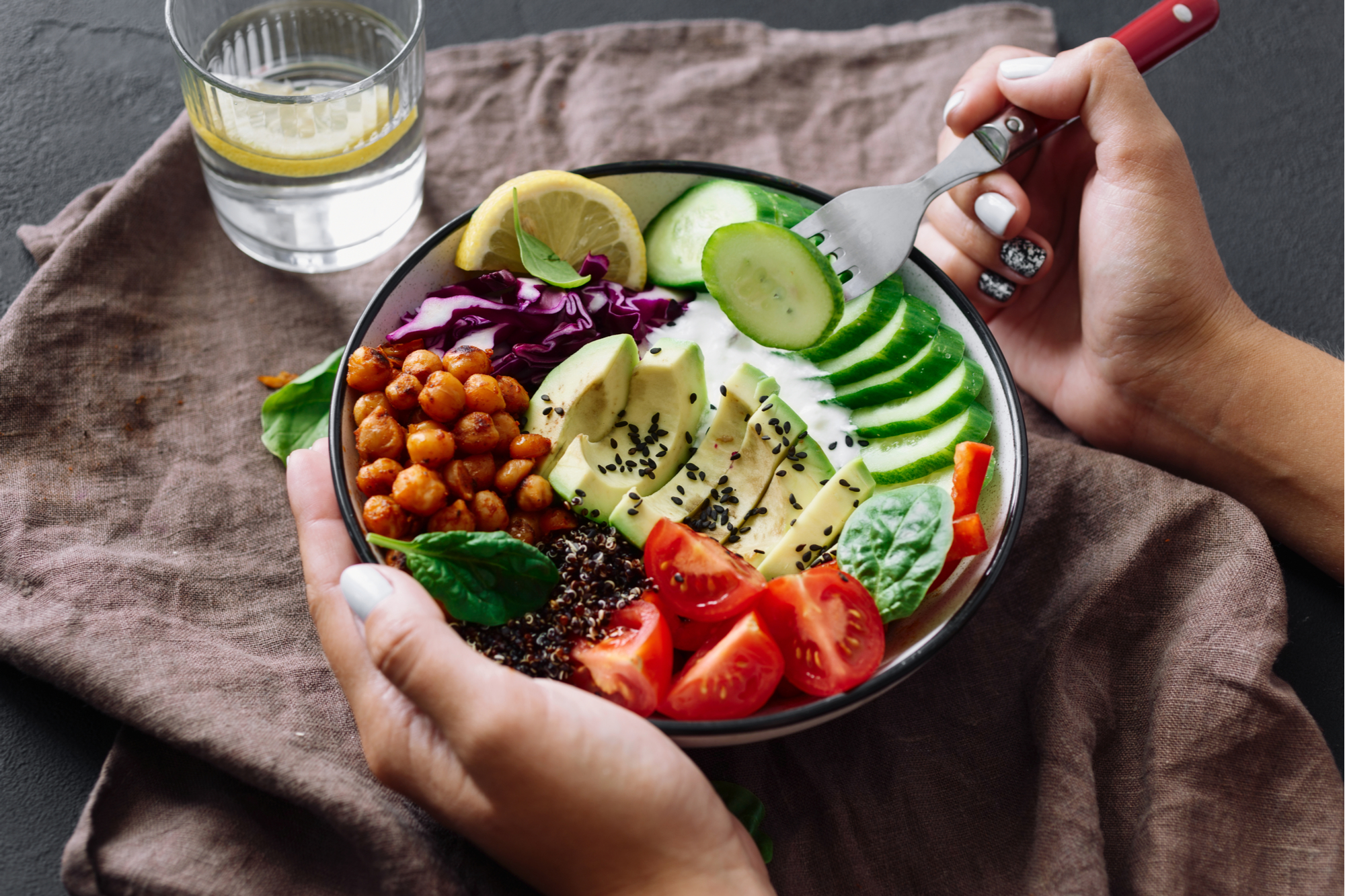A healthy lifestyle doesn’t mean depriving yourself of fun treats. To make sure that you are getting enough vitamins in your daily diet, you could try taking vitamin supplements. However, it’s not always possible or convenient to take them every day. Thus, it’s important to eat foods that contain high levels of nutritional value. Healthy foods will help ensure that you get all the nutrients you need without having to resort to supplementing with pills. The best way to determine whether your current dietary habits are healthy or unhealthy is by looking at how much fiber, vitamins, minerals, antioxidants, and other nutrients you’re getting from foods each day. You may also consider which types of fats you consume, as they have different effects on your heart and overall health. Healthy eating can benefit your well-being. But it’s possible if you stick to a balanced diet on a regular basis. You should ponder about healthy eating habits not only when you are in comfort but also ask yourself how to eat healthy on the road or even on the plane. Sometimes following a healthy diet may seem difficult. That’s why here are some tips for eating healthily at ease.
Eat breakfast before leaving home
Breakfast is a meal that people tend not to think about, but it really does matter. The research has shown that skipping breakfast increases hunger levels throughout the day, leading to overeating later in the morning. In fact, studies demonstrate that those who skip breakfast consume up to 50% more calories than those who eat this important meal.
Eat breakfast every morning before leaving home. Breakfast gives you an extra boost of energy to start off your day right. Try something light — cereal, toast, oatmeal, muffins, bagels, etc., but be sure they aren’t loaded with sugar. They should contain fiber and other nutrients.
Eat breakfast every day, even if you’re in a hurry. Your body needs fuel to start its metabolism process; when you skip meals or go too long without food, your blood sugar levels drop, which makes you tired and hungry later. Skipping breakfast will leave you with an empty stomach at lunchtime — so choose something high-protein like eggs or oatmeal, and load up on fruit, whole grains, nuts, and seeds. You’ll be less likely to overeat during dinner.
Keep hydrated
Drinking water is essential for keeping your body healthy and properly hydrated—especially if you exercise regularly. Make sure you drink plenty of water throughout the day to prevent dehydration but try to limit drinking alcohol and avoid sugary drinks as well.
Sugary beverages such as soda, juice, sports drinks, and sweetened teas cause weight gain because their sugars quickly raise insulin levels in our bodies. This hormone tells us we’ve had enough to eat and prompts us to store any excess calories as fat. Over time, these added pounds add up to serious problems including diabetes, cardiovascular disease, cancer, and arthritis. So instead of reaching for another soft drink, reach for water!
Choose foods rich in fiber
Fiber keeps us full for longer by slowing down digestion, helping us feel satisfied between meals. It’s also great for keeping bowel movements regular. Foods high in soluble fibers include oats, beans, lentils, chickpeas, and broccoli.
Other foods that contain high amounts of this nutrient include peas, barley, apples, oranges, cauliflower, Brussels sprouts, carrots, celery, pears, prunes, spinach, tomatoes, zucchini, and brown rice. Fiber helps keep blood sugar levels steady after meals and prevents constipation. It also lowers cholesterol and reduces risk factors associated with cardiovascular diseases, such as stroke and coronary artery disease. A daily intake of 25 grams per 1,000 calories provides adequate fiber consumption.

